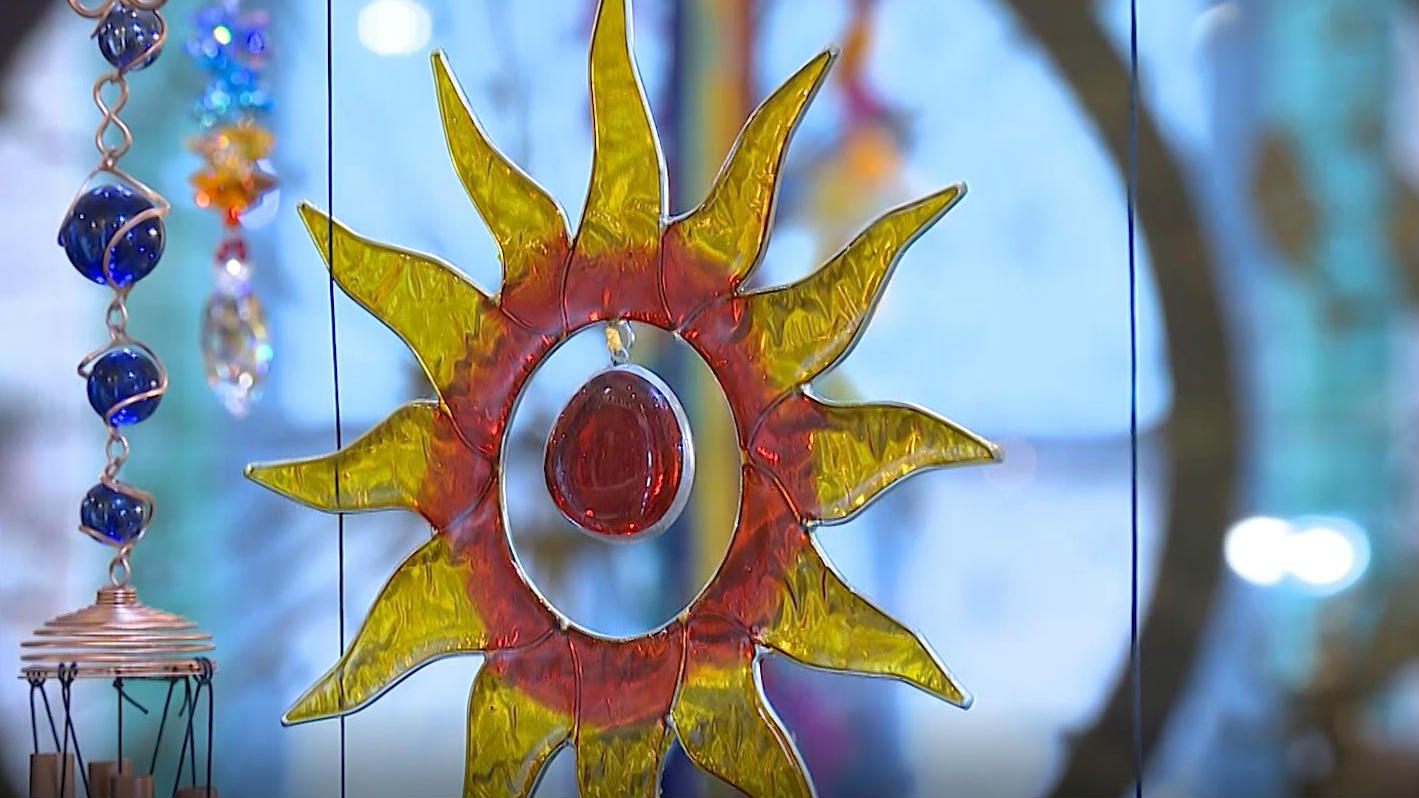Since its 1980s heyday, astrology has been brushed under the carpet by the mainstream media – where once cosmic charts littered magazines, newspapers and TV shows, over the past couple of decades it has been viewed as hokey and niche. But it's making an online comeback as a new generation looks for a spiritual safety blanket… and venture capitalists have been quick to buy into the 'mystical services' market.
Astrology is a belief system based on the concept that life on Earth is influenced by constellations of the stars and planets. Despite being repeatedly debunked by science, interest in astrology has proved resilient. It has now migrated to lucrative online platforms, with investors spotting the opportunity in the market – which last year was worth $2.2 billion in the US alone – by backing astrology-based products marketed at digitally savvy Millennials.
02:49

Instagram is inundated with memes about the zodiac and horoscopes are a mainstay on online magazines aimed at females, such as Broadly, the Cut and Gal-dem, while websites dedicated to astrology can count their monthly visitors in the millions.
Over the past few years, a growing number of sophisticated astrology apps have been launched, such as Sanctuary and Co-Star – both of which have received funding from venture capitalists. While, according to data company Sensor Tower, in July users spent more than £5.3 million ($6.4 million) on the top 10 highest-grossing horoscope apps, three times as much as during the same period last year.
Sanctuary's app, on which users pay a monthly fee of $19.99 to receive celestial-based one-on-one advice, has been one of the beneficiaries of the trend – raising $3.5 million from Advancit Capital and Able Partners.

Celestial pull: Millennials are drawn to astrology, using apps and the internet to read up on their star signs (credit: Vision China)
Celestial pull: Millennials are drawn to astrology, using apps and the internet to read up on their star signs (credit: Vision China)
Ross Clark, Sanctuary's CEO, says the "massive increase in interest," is partly due to "increased turmoil in young people's lives, whether that be economic, environmental or technological."
The phenomenon is not new. Indeed, a 1982 study by psychologist Graham Tyson, noted that "under conditions of high stress, the individual is prepared to use astrology as a coping device, even though under low-stress conditions he does not believe in it."
Holly Friend, from London-based trend analysts The Future Laboratory, believes the "ritualistic nature of astrology" can help. Adding that people "are looking for things that will let them regain a sense of control."
Astrology encourages anxiety sufferers to reflect on their feelings, rather than to eradicate negative thoughts altogether," she says. "It's saying these negative feelings are normal and you can confront them in a positive way."
A study titled Global Benefits Attitudes, conducted last year by Willis Towers Watson, found Millennials were almost twice as likely to be suffering from high stress levels than their Baby Boomer parents. Encouragingly, the same report notes that younger generations are far more likely to seek external help for their stress compared with older Boomers or Generation X.
However, critics insist that whatever benefits astrology might claim to provide are outweighed by the damage of promoting a scientifically baseless concept.
Astronomer, Phil Plait writes in his take-down of the subject: “The more we teach people to simply accept anecdotal stories, hearsay, cherry-picked data, and, frankly, out-and-out lies, the harder it gets for people to think clearly. If you cannot think clearly, you cannot function as a human being. I cannot stress this enough. Uncritical thinking is tearing this world to pieces, and while astrology may not be at the heart of that, it has its role.”
Such opposition is not new but does not appear to be deterring consumers from turning to the stars, via the internet, for guidance.
Veteran astrologer Susan Miller, whose astrologyzone.com website boasts more than 6 million unique monthly visitors, believes the trend has been more than a decade in the making. She argues that, following the chaos of the 2008 financial crash, Millennials "were questioning everything their parents told them, because as they entered the job market their options evaporated … despite going to college and getting good grades."
For Miller, astrology's value is that it is not about "predestination – rather it provides a plan for making decisions. It can also give you strong indicators of where your strength lies."
The internet is the perfect tool for astrologers to gain followers and influence, as the only entry requirement is a connection and an interest in the celestial. Social media is rife with sub-groups, each with their own codes, symbols and in-jokes.
Friend says: "Part of the reason astrology is so popular today is because of how it's seamlessly translated to the internet age, how perfectly it is made for digital devices."
She adds: "It's a really visual phenomenon, everyone recognizes the signs and often knows what they mean. There is a depth to it – so much fact and fiction, an almost mythology behind it, which is so intriguing for people. It can seemingly add depth to someone's character."